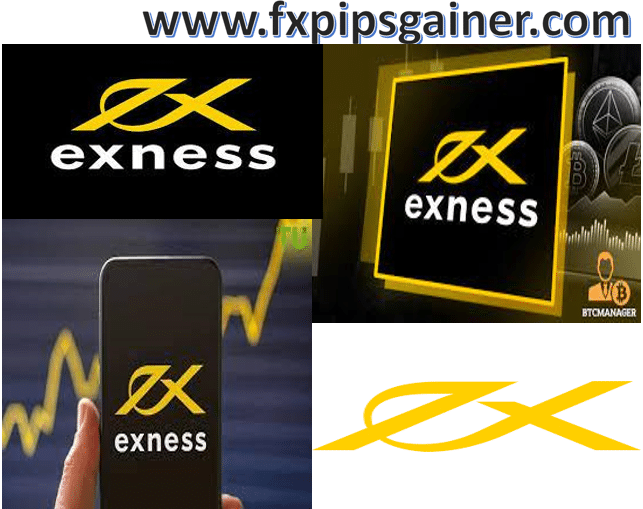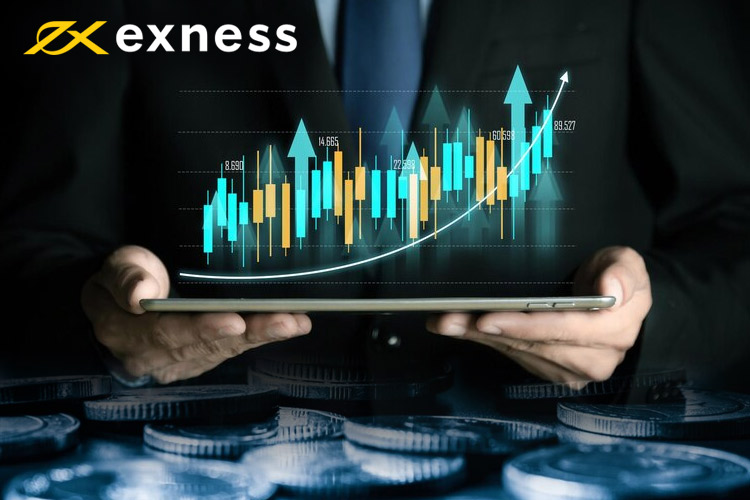Choosing the Best FX Broker A Comprehensive Guide to Forex Trading
Posté le 15 septembre 2025 dans trading5 par Isidore Monzongoyi.

Choosing the Best FX Broker: A Comprehensive Guide to Forex Trading
Forex trading has gained immense popularity in recent years, driven by technological advancements and the increasing accessibility of financial markets. As a new trader, one of the crucial steps you’ll take is selecting a reliable fx broker Exness Benin that fits your trading style and strategies. This article aims to guide you through the process of choosing the best FX broker while covering central aspects of forex trading.
Understanding FX Brokers
FX brokers act as intermediaries between you and the currency market. They provide access to the trading platform where you can execute trades, manage your account, and perform various functions that enhance your trading experience. The primary types of FX brokers are market makers and ECN (Electronic Communication Network) brokers, each offering different features and advantages.
Market Makers vs. ECN Brokers
Market makers create a market for traders and assume the risk of trades. They often offer fixed spreads, which can be advantageous for traders looking for stability. On the other hand, ECN brokers connect traders directly to the interbank market, providing variable spreads dependent on market conditions. Understanding these differences is essential for determining which type of broker aligns with your trading preferences.
Key Factors to Consider When Choosing an FX Broker
Considering the numerous brokers available, several key factors stand out when making your choice:
- Regulation: Ensure the broker is regulated by financial authorities in its jurisdiction. Regulation helps safeguard your funds and ensures fair trading conditions.
- Trading Platform: The trading platform should be user-friendly, stable, and equipped with the necessary tools for analysis and trade execution. Popular platforms include MetaTrader 4 and MetaTrader 5.
- Spreads and Commissions: Compare the spreads (the difference between buying and selling prices) and commissions charged by various brokers. This can significantly affect your profitability.
- Leverage: Different brokers offer various leverage options. While leverage can amplify gains, it also increases risks, so itâs essential to choose wisely according to your risk tolerance.
- Customer Support: Reliable customer support is crucial for resolving issues that may arise during trading. Check for the availability of support channels and response times.
- Account Types: Some brokers offer multiple account types designed for different trading needs, so check whether the broker provides a suitable account for your trading style.

Types of Account
FX brokers typically provide various account types to cater to different traders. Here are some commonly offered accounts:
- Standard Account: Best for most retail traders, usually offering a balance minimum of $100 to $500.
- Micro Accounts: Require a lower minimum deposit, appealing to beginners testing the waters with smaller positions.
- VIP Accounts: Offered to high-net-worth individuals, these accounts typically come with higher leverage, lower spreads, and additional perks.
The Importance of a Trading Plan
While choosing the right FX broker is vital, having a solid trading plan is equally important. A trading plan helps you define your trading goals, risk tolerance, and strategies. Here are some key elements to include in your plan:
- Trading Goals: Define your objectives, whether itâs generating supplemental income or full-time trading.
- Risk Management: Determine how much of your capital you are willing to risk on a single trade.
- Trading Strategies: Identify the trading style that suits you bestâbe it day trading, swing trading, or position trading.
Continuous Learning and Practice
Forex trading requires continuous learning and practice to adapt to changing market conditions. Many brokers offer demo accounts, allowing you to practice trading without risking real funds. Utilizing demo accounts can provide valuable insights and help build your confidence before engaging with live markets.
Conclusion
Selecting the right FX broker is a fundamental part of your trading journey. By considering the factors mentioned above and conducting thorough research, you can find a broker that aligns with your trading needs. Coupled with a robust trading plan and continuous education, you’re more likely to experience success in the competitive world of forex trading. Remember, trading involves risks, and itâs crucial to trade responsibly.
